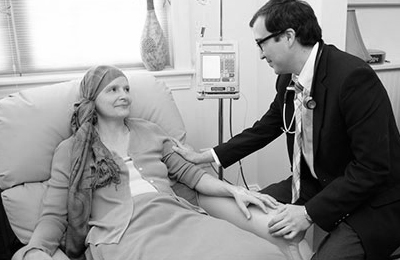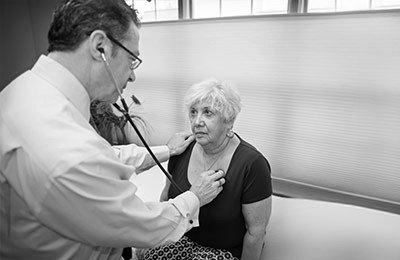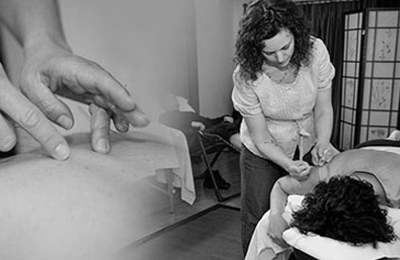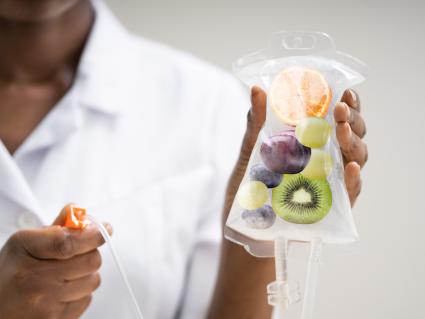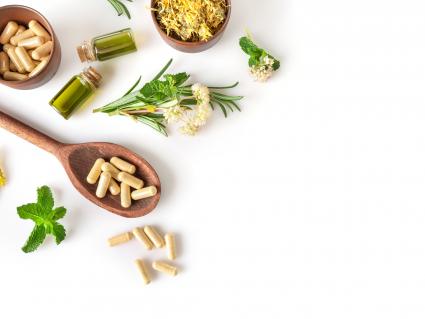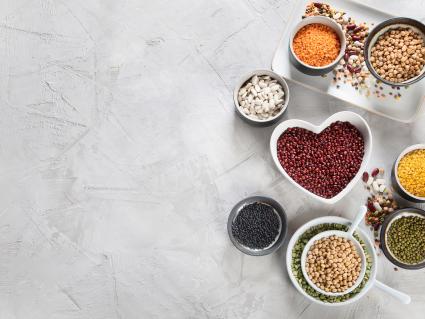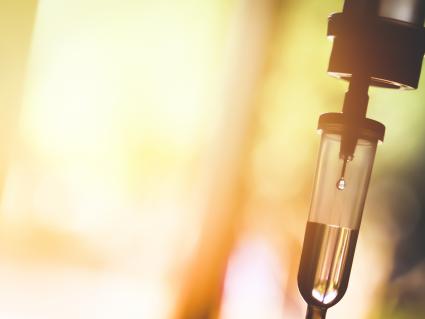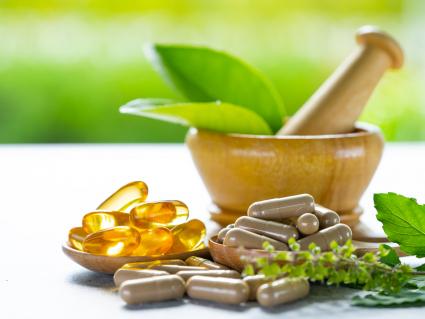Is Red Wine Good for You?
There is much debate regarding whether red wine is beneficial for your health or not. The debate began with the observation that the French population has lower rates of heart disease compared to the American population, even though the French diet is higher in saturated fat consumption. This has been termed the “French Paradox”. The cause of this paradox is believed to be due to the higher consumption of red wine by the French.
In the past 20 years, there have been many studies, including many animal studies, to investigate whether red wine is the main factor in this paradox. However, there have been very few human trials that have shown that there is a positive health benefit. More clinical trials are needed to explore these benefits.
Resveratrol is the main active ingredient in red wine that is thought to have cardiovascular health benefits. Resveratrol is found in the skin of red grapes, and also in blue berries and bilberries. Most supplement forms of resveratrol are made from the roots of Polygonum cuspidatum due to its high amounts of the active resveratrol. A 5oz glass of red wine contains about 0.3-1mg of resveratrol. The kind of grape also makes a difference, as Pinot noir has the highest amount of resveratrol. Grapes grown in warmer, dryer climates have less.
Many studies using mice have found that resveratrol has cardiovascular benefits including lowering LDL cholesterol and raising HDL cholesterol, preventing atherosclerosis, and blood thinning effects similar to aspirin. Resveratrol has also been found to be anti-inflammatory, anti-carcinogenic, and estrogenic.
Resveratrol has been shown to increase insulin sensitivity. Since insulin is a fat promoting hormone, and insulin-resistance increases fat deposition, then increasing insulin sensitivity works to lower fat deposition and improve metabolic efficiency. Resveratrol also directly stimulates lipolysis and decreases the amount of fat cells.
Resveratrol also has very weak estrogenic effects. It is unknown whether this is protective or not, similar to other phytoestrogens such as soy, and is therefore not recommended as a supplement for those with hormone sensitive cancers.
In general, it is my recommendation that small amounts of red wine, not more than 1 glass daily, along with a balanced diet low in processed foods, can have an overall positive effect on all aspects of your health.

